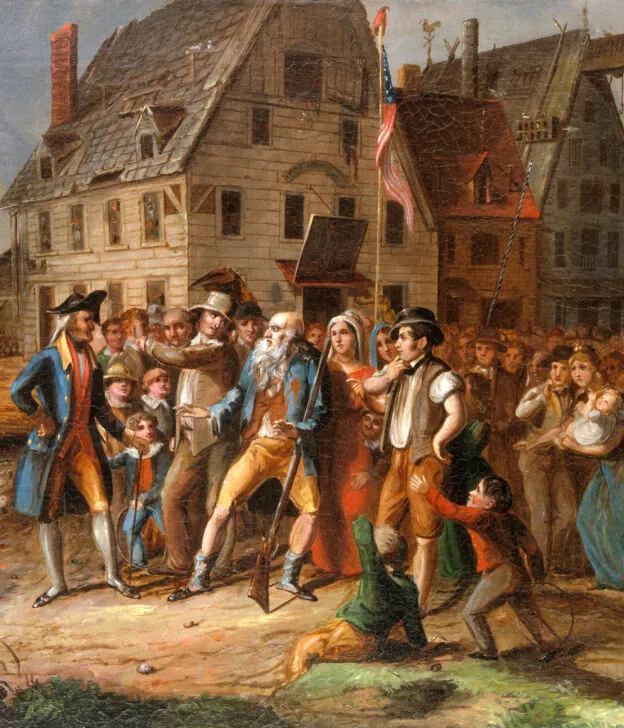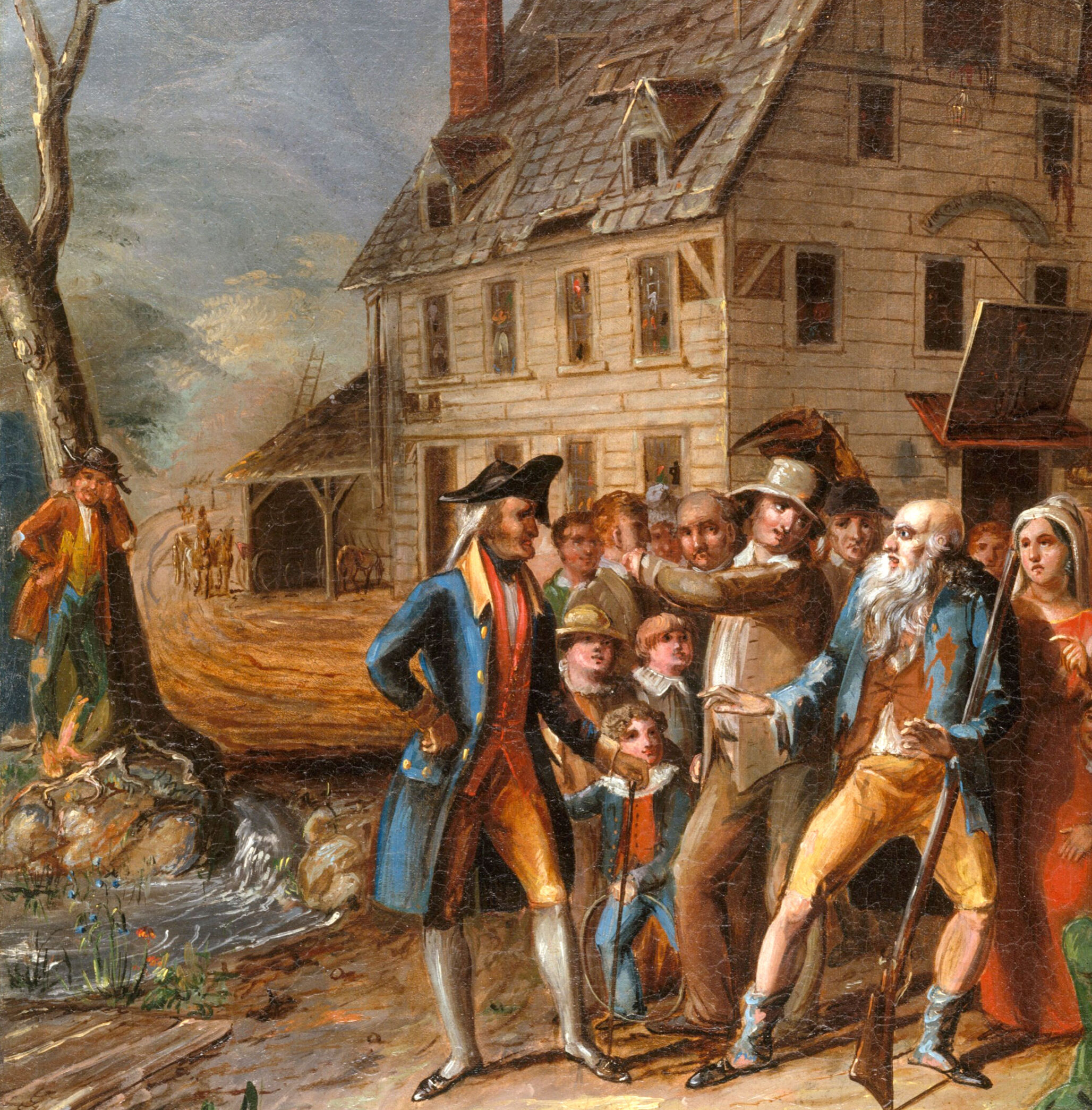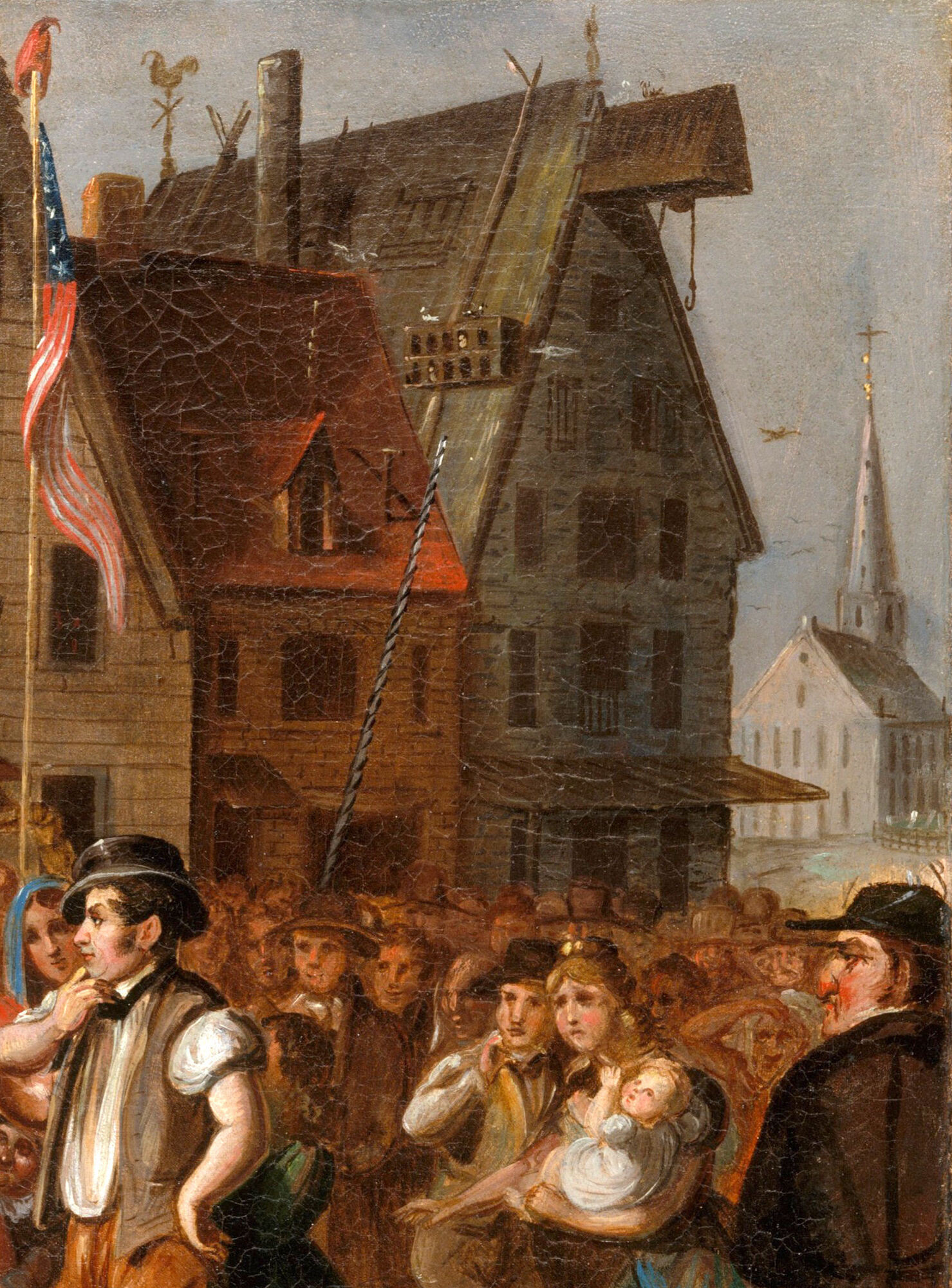
Liberal Education as Civic Education
At the heart of the Western intellectual tradition is the claim that the liberal arts aim to make a man free through careful and sustained inquiry into what is true, good, and beautiful. While liberal arts are pursued for “its own sake,” or solely for the perfection of the person who engages them, the servile arts, by contrast, are studied for the execution of some specific line of work or trade. While this tradition developed into a taxonomy of the seven liberal arts, in the contemporary academy, this vision of liberal education is often associated with the study of the masterworks of Western tradition—sometimes called “Great Books.”
We study this tradition to find our own answers to the question at the heart of our collective political life: what is it to be a good human being and citizen? Entering “the great conversation” of the West with this existential-political question in mind is clearly at the heart of a civic education as well, since it at least partially prepares those who undertake it to participate fully in the project of collective self-government.
It is an essential part of a civic education that students understand the intellectual and cultural traditions that have profoundly shaped their own society. American students have a clear and compelling reason to study the Western intellectual tradition—they live in the West and therefore have been shaped by and participate in Western culture and Western institutions. It is no accident that we read Plato, Aristotle, Hobbes, Locke, Rousseau, Jefferson, and Marx in a Great Books curriculum—these fathers of our political order are an important part of a civic education. They help us think about our current politics in light of the principles and historical movements that helped to define and refine it over the centuries.

It is an essential part of a civic education that students understand the intellectual and cultural traditions that have profoundly shaped their own society.
A Great Books education has always been a form of civic education because it invites students into the intellectual tradition that has in fact profoundly shaped their lives and habits of thought already—in ways they are not yet fully aware. This study fosters the ability to forge connections between the great thinkers of the past and their present reality, which equips students to deliberate more deeply about the future.
In an ethnically, geographically, and religiously diverse democracy such as ours, citizenship demands that we be able to deliberate across difference of experience, beliefs, and values, and that we be able to find a good in common. A Great Books seminar is an excellent training in learning how to think and speak across such divisions. In intimate, discussion-based seminars, students learn not only to read critically and capaciously, but to think in response to dialectical partners who are pressing them with questions, concerns, and objections. In the Great Books seminar, we engage in a rigorous, ongoing training of rhetoric and dialectic, where we learn to develop clear and rigorous modes of argumentation and persuasion, to see where ideas might take us. We also learn to listen to others, consider opposing points of view, and practice the art of civil exchange. To do this well, we need to cultivate habits of patience, civility, humility, courage, and even gratitude. The give and take of the seminar is a kind of training in habits of thinking and acting that are necessary for civic friendship and a flourishing democratic polity.

Liberal education does not strive to create experts with a narrow domain of knowledge, but wise and serious people who are ready to flourish in their lives and take up the responsibilities of citizenship.
Liberal education does not strive to create experts with a narrow domain of knowledge, but wise and serious people who are ready to flourish in their lives and take up the responsibilities of citizenship. A thriving democracy requires more than expertise. It requires the cultivation of wisdom, which in a political context manifests itself in the ability to judge the particular and constantly changing circumstances of life: what laws, orders, policies, or prescriptions will promote and protect the common good. To cultivate such judgment, we must have thought together in a serious and disciplined way about what the common good is. In this process of seeking to know what is good, we are cultivating minds that will help us to lead flourishing lives of purpose and meaning, and to be better participants in our shared political life together.
While liberal education is certainly not the whole of civic education, it is an important part of it. To practice liberal learning through the study of Great Books is to become at least partially equipped with those habits of mind and character that allow us to construct a vision of what a good life and society is; this is an education in freedom because that vision will profoundly shape our political choices. It is a kind of education that forms or shapes students so that they have the hearts and minds of engaged citizens, who have thought deeply with others about what it means to be a human being and citizen.

About the Author
Jennifer Frey is a philosopher at the University of Tulsa.
